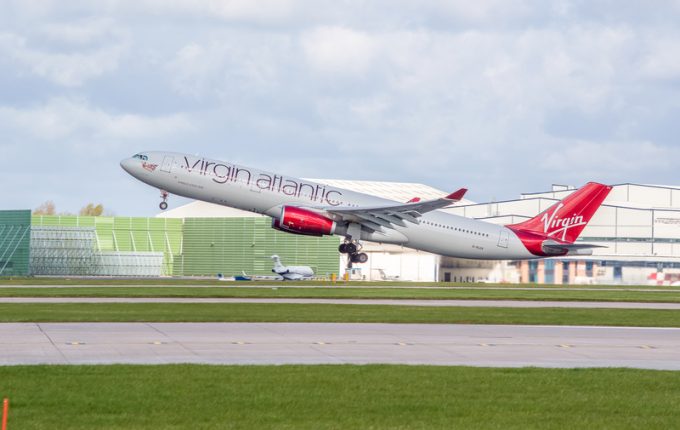Fleet watching is the key to predicting the future in air
All eyes on the aircraft boneyard

Virgin Atlantic Cargo is making its first foray into freighters, wet-leasing an A321 for its successful Brussels route.
The aircraft, leased from Titan Airways, will start towards the end of the month and operate until October.
But, explained Phil Wardlaw, Virgin Atlantic Cargo’s new MD, this is ...

Comment on this article